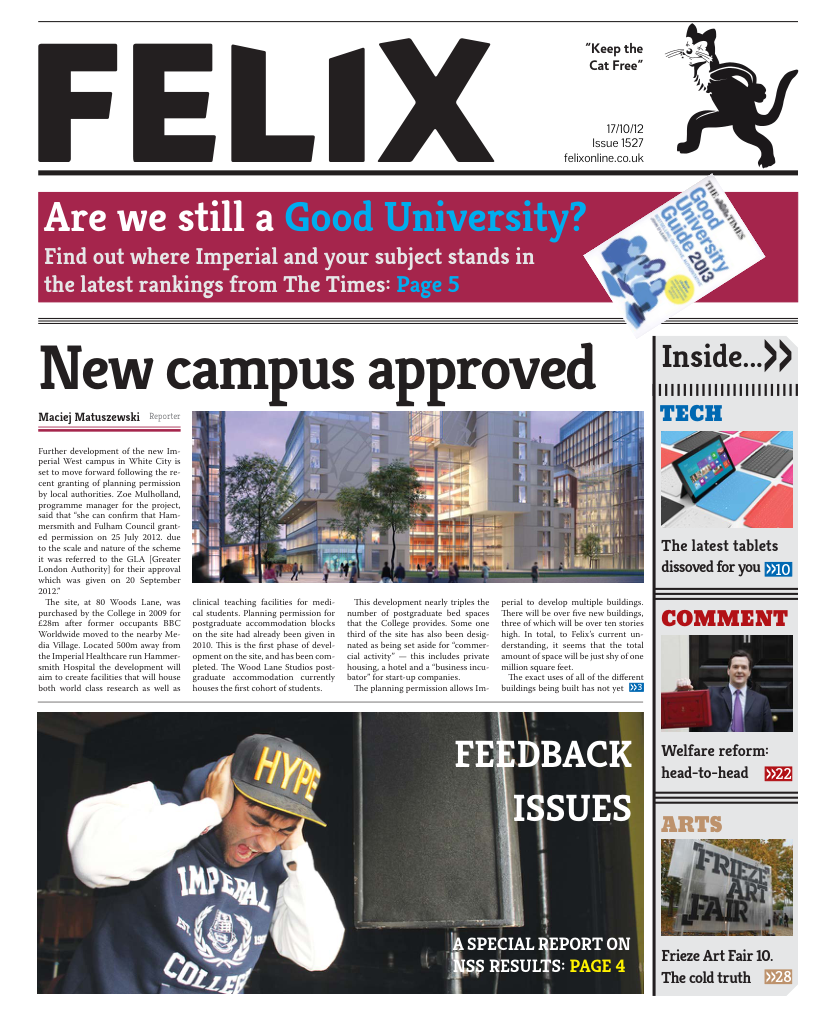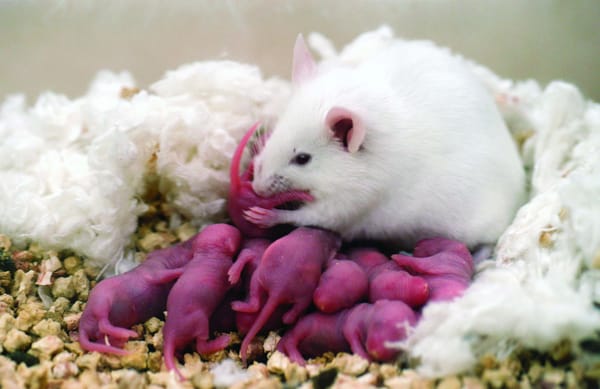Circuits you can just wash away
"The structure successfully dissolves at both body and room temperature"
A well-known property of modern silicon-based electronics is their resilience to change: a printed circuit board (PCB) doesn’t dissolve, and only melts at high temperatures. However, following research recently published in Science, this may no longer be the case, with the production of a complimentary metal-oxide semiconductor (CMOS) that can physically disappear at the end of use.
A set of materials, based on either magnesium or silicon, dissolve after a certain period of time through a chemical reaction where water can pull the metal centres of the CMOS structures, so forming a chemical bond, which then results in the CMOS being dissolved. This goes via a simple chemical reaction: Si + 4H2O -> Si(OH)4 + 2H2.
The difference between this and a traditional PCB is the way it is encased: the dissolvable electronics are enclosed within a silk structure, and it is the structure of this silk that affects how well the circuit dissolves: circuits have been formed which last from 10 minutes to nearly 12 days. This is all thanks to changing how crystalline the silk is. It is worth noting, however, that the team reported success with other biodegradable polymers.
Extreme conditions are also not required, with the structure successfully dissolving at both body temperature and room temperature, opening the avenue for medical applications.
Trials of this technology in live organisms has already been undertaken, with experiments on rats resulting in huge success: three weeks after implantation showed the structure having almost fully dissolved, with only faint residue of the original electronics remaining. The circuit in question, a set of two RF antennae connected to heaters allowed the heat of the circuit to be controlled via radio waves, to great success: the circuit could be seen in a thermal image when controlled. This also worked when implanted beneath the skin.
This specific application is useful as it shows how this technology can be used to facilitate thermal therapy after surgery to control infections.
The Illinois team, lead by John Rogers is currently investigating full-scale manufacture of the dissolvable systems through discussions with foundries. Additionally, potential circuits are being devised for specific use cases, with possibilities available in both the medical and consumer markets.
Rogers has made the news in the past for embedding circuits into life forms, with a flexible, implantable LED array being announced in 2010, and last year saw a temporary tattoo containing electronic circuits, with similar medical applications as this.
DOI: 10.1126/science.1226325








